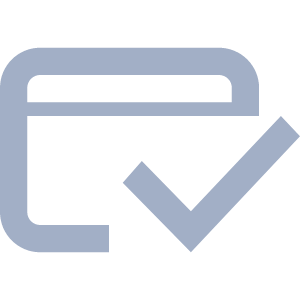V našem affiliate programu vyplácíme provize ve chvíli, kdy dosáhnete částky minimálně 300 $ anebo prvních tří nákupů prémiového balíčku.
Když poprvé dosáhnete minimální výplaty, budeme muset ověřit váš účet zasláním jedinečného PIN kódu, který vám zašleme poštou. Poté, co od nás obdržíte dopis, zašlete prosím PIN kód na [email protected] a váš účet bude ověřen. Ověření se provede pouze jednou a všechny následující platby obdržíte automaticky. Další podrobnosti naleznete v Podmínkách Partnerského programu.
Když dosáhnete hranice 300 $, ujistěte se, zda jsou vaše osobní údaje aktuální.
1. Přihlaste se ke svému affiliate účtu a klikněte na Můj profil ve spodní části stránky.
2. Na další stránce klikněte na Osobní informace.
3. Vyplňte nebo aktualizujte svou poštovní adresu.
4. Uložte změny kliknutím na tlačítko Uložit.
Nyní můžete nastavit své platební údaje.











